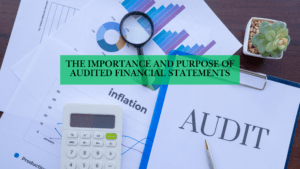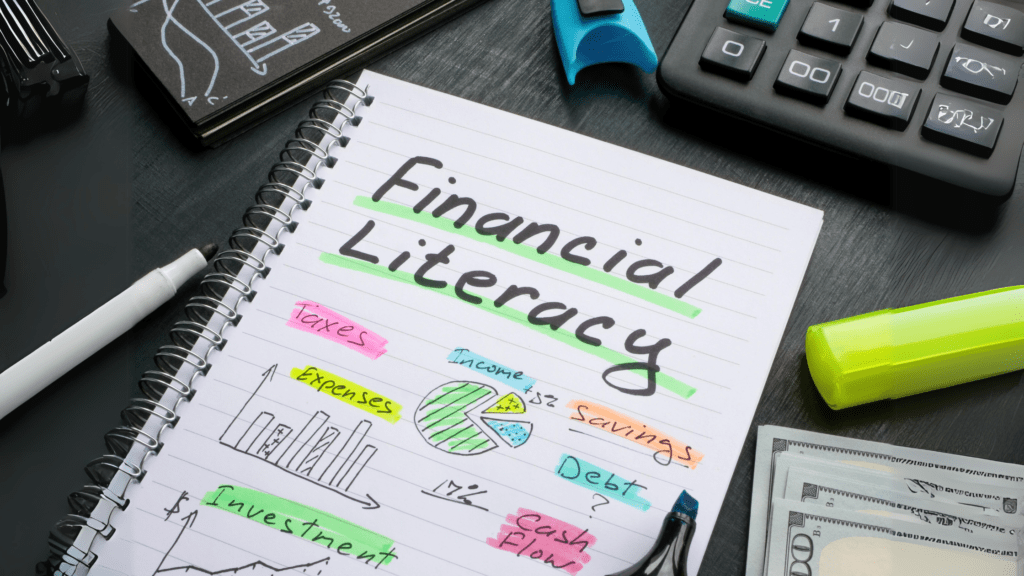Financial literacy is a crucial skill that enables individuals to make informed decisions about their finances, manage their money effectively, and achieve financial stability. In the Philippines, financial literacy remains a significant challenge, with only 25% of adults considered financially literate. This blog explores the current state of financial literacy in the Philippines, the challenges faced, and practical ways to improve one’s financial literacy.
Facts about Financial Literacy in the Philippines
Low Financial Literacy Rates
According to a study by the Global Financial Literacy Excellence Center, the Philippines ranks low in financial literacy compared to other ASEAN countries. Only 25% of Filipino adults are financially literate, lagging behind countries like Singapore and Malaysia.
Impact on Financial Health
The lack of financial literacy has significant implications for the financial health of Filipinos. Many struggle with managing debt, saving for emergencies, and planning for retirement.
Government Initiatives
The Bangko Sentral ng Pilipinas (BSP) has been actively working to bridge the financial literacy gap through various programs and partnerships. These initiatives aim to educate Filipinos on personal finance management and the importance of being financially healthy.
Challenges in Financial Literacy
Limited Access to Financial Education
Many Filipinos lack access to quality financial education. This is particularly true in rural areas where educational resources are scarce.
Cultural Attitudes
Cultural factors also play a role in financial literacy. There is often a reluctance to discuss financial matters openly, which can hinder the sharing of knowledge and best practices.
Economic Factors
Economic instability and low income levels make it difficult for many Filipinos to prioritize financial education. Immediate financial needs often take precedence over long-term financial planning.
Ways to Improve Financial Literacy
Improving your financial literacy is a great step toward making informed decisions about your money. Here are some practical steps you can take:
1. Read Books and Articles
Explore books and articles on personal finance, investing, and budgeting. Look for reputable sources that break down complex concepts into understandable language. Some of our book recs are Broke Millennial: Stop Scraping By and Get Your Financial Life Together by Erin Lowry and Rich Dad, Poor Dad by Robert T. Kiyosaki. You can can also read our blog about the Top 3 Essential Financial Statements for Business Owners and The Thrifty Pinay’s Financial Literacy in the Philippines: Scope, Statistics, Tips 2024.
2. Take Online Courses
Many platforms offer free or affordable courses on financial literacy. Topics may include budgeting, saving, investing, and retirement planning. Some free online courses are Khan Academy’s Financial Literacy Course and Morningstar’s Investing Classroom.
3. Understand Basic Financial Concepts
Learn about terms like compound interest, inflation, diversification, and risk tolerance. These concepts form the foundation of financial literacy. Reading our blog about Understanding BIR Compliance for SMEs in the Philippines might help you start with these concepts.
4. Track Your Expenses
Use budgeting apps or spreadsheets to monitor your income and expenses. Understanding where your money goes helps you make better financial choices. Popular expense tracking apps include Expensify and FreshBooks.
5. Invest Wisely
Educate yourself about different investment options (stocks, bonds, real estate, etc.). Identify your investing style, determine your budget, and assess your risk tolerance. Consider consulting a financial advisor to create an investment strategy aligned with your goals and budget.
6. Stay Informed
Follow financial news, blogs, and podcasts. Being aware of market trends and economic developments empowers you to make informed decisions. Having a trusted accountant to ask and get advice is also a crucial step in being a financial literate and managing your finances wisely. For the latest news and information about accounting, finance, and tax, you can also follow our Facebook and LinkedIn page.
Remember, financial literacy is an ongoing process. Start small, build your knowledge gradually, and seek professional advice when needed. While you are learning more about financial literacy, Account It Right is here to guide and help you manage your money and business. Send us an inquiry to know how we can help you.
Sources: thethriftypinay.com | Department of Finance | NATCCO Network | opengovasia.com





